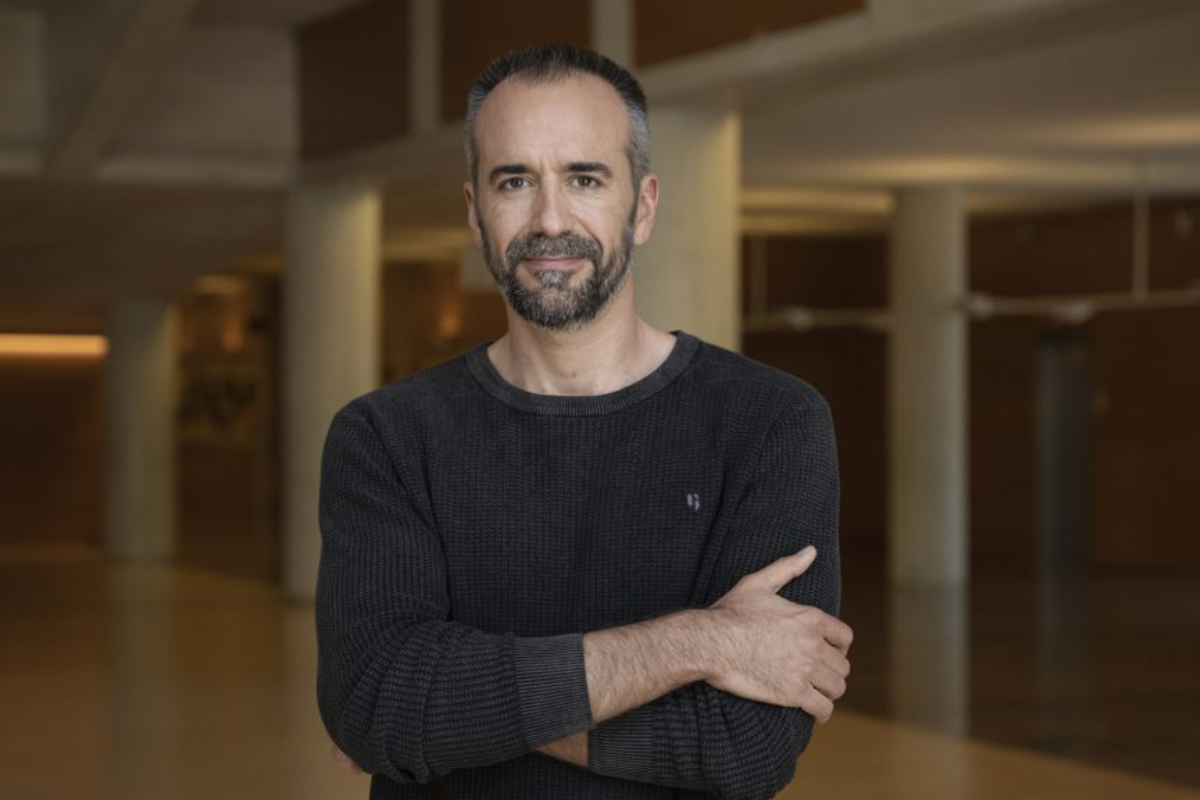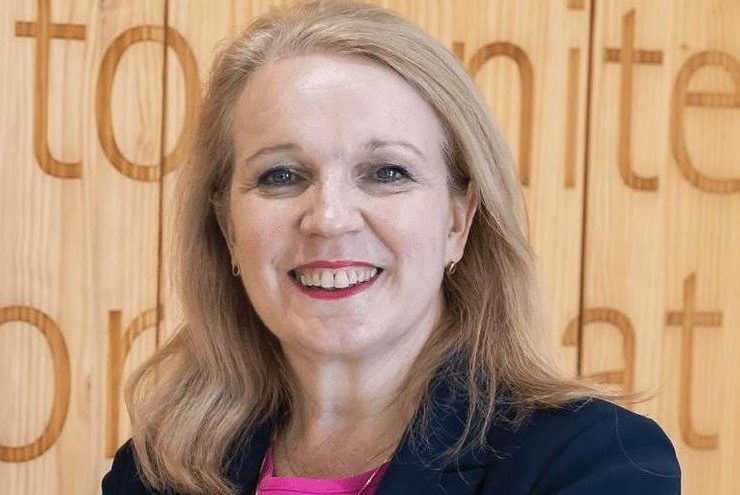The unique character of Barcelona has made a deep impression on the Auditori

Foto: Auditori
Built by Rafael Moneo and inaugurated on March 22, 1999, the aim of the Auditori is to educate, innovate, and to offer a range of different forms of music to a wide audience. Robert Brufau,the director of the Auditori, tells us about the history of the Auditori.
When was the Auditori founded and how has it developed over the last 25 years?
L’Auditori se creó en 1999, en un momento de transformación urbanística donde Barcelona se tenía que posicionar internacionalmente durante la carrera olímpica, y requería unas necesidades de desarrollo urbanísticas muy concretas.
As was the case for the Cité de la Musique - Philharmonie in Paris, a decision was made to build a set of facilities in what had been a somewhat neglected part of the city. The idea was to create a new center of innovation and creativity in what is now known as 22@, a development that has continued to grow steadily. With the music sector scattered in many different corners of the city at that time, it made sense to bring a number of different facilities under one roof, as in Paris.
I think it is fair to say that we have achieved everything we set out to do 25 years ago. All the institutions are now in one place, and all the concert halls are open. The Auditori has an outstanding orchestra, a renowned band, and it offers a wide range of genres that include classical, jazz, pop, electronic, and new music. An impressive 11 million people attend more than 500 concerts every year. Furthermore, our educational program is an international benchmark and our social program makes our concerts and activities accesible to all. We can therefore assert that our expectations have been far exceeded.
Apart from Paris, which other cities might be a source of inspiration for Barcelona?
I believe creativity and innovation are in Barcelona’s DNA. I don’t know whether this due to its location on the Mediterranean or if there are other reasons, but the fact is that Barcelona is a city in which art plays a major role.
There are very few cities in Europe that have three major musical institutions as in Barcelona, which boasts the Auditori, the Palau de la Música, and the Liceu. A musical and cultural scene of this nature generates considerable diversity. Amsterdam has both the Concertgebouw and the Muziekgebouw, and the situation is similar in Vienna, which has both the Konzerthaus and the Musikverein. Barcelona should be every bit as ambitious as these major cultural centers. It is true that there is still much to do, but the opportunity is there for the taking.
Still, there's a long way to go. What do you think needs to be done?
The step between mediocrity and non-existence, of being indifferent or relevant in the cultural market, is very small.
Most of the investment has already been made: we have structures, we have facilities that work, and we have talent, but we still need to invest more. And now we need to ask ourselves exactly where we want to position the Orquestra Simfònica de Barcelona i Nacional de Catalunya, the Palau de la Música, the Liceu, the MNAC, and the MACBA.
Should culture and education be merged in Barcelona? Do you think the city administration should play a leading role or should it be left to the individual institutions?
It is clear that we need to adopt a country-wide perspective. We need to invest in the sector. A country that is eager to position itself internationally as a benchmark for music needs institutions in a position to make it happen. We have to make an effort to incorporate the arts in the educational system, to build a solid base of audiences, and to create a clear cultural identity.
Do you have any specific objectives for the 30th anniversary of the Auditori?
I often say that compared to the Liceu or the Palau de la Música we are the rookies, the novices. It is obvious that we were founded to complement them. But now we are eager to be considered as equals.
One of our objectives is therefore to take on more responsibility in the coming years and to reflect the challenges of today's society. This involves making our facilities more sustainable. We have already taken steps in this direction and we now boast the largest solar photovoltaic installation of all the municipal facilities in Barcelona.
On a musical level, our goal is to be permeable, that is to say, responsive to the changes in the environment.
Artificial intelligence seems well on the way to becoming established in all sectors. How do you think it will affect yours?
Artificial intelligence is a reality, I would be loath to say whether it is positive or negative and it seems more scary than exciting, but it is a reality we have to live with.
The music scene has been successful in taking big risks for many years and so I am convinced that AI will become another tool that can be put to good use. AI may be able to optimize resources and make audiovisual creation more organic. It's a bit daunting, but I’m sure we'll find ways to work with it.
Do you think the Auditori would have had the same impact in another city?
I always talk about modernity when I talk about the Auditori, not only because I am convinced of its importance, but because I think that it has been important for this institution since its inception. The reality is that there is nowhere else in Spain that can be compared to the Auditori because no other has set out to do what we do. The unique character of Barcelona has made a deep impression on the Auditori de Barcelona
Other European cities that have broken new ground include the Glasshouse in the North of England, which has totally transformed and rebranded an industrial area. Germany, Austria and France also have strong traditions of rethinking and reformulating music venues in order to place the user at the center. Katowice, in Poland has also been radically transformed by the extraordinary new Ostrava Concert Hall, a project supported by local institutions.
We have been talking about talent, what else should Barcelona do to attract and retain talent?
Almost everyone wants to live in Barcelona; it’s a very attractive city. Many people decide to live Barcelona and artists are no exception, something we should continue to take advantage of. The competition is already very strong for positions in the orchestra, as people come from all over the world to the auditions. The result is an orchestra that is made up of people from many different countries.
But although there are also highly talented and dedicated local people in the administration, there is little racial and little cultural diversity, which is one of the challenges we have to face. In this respect, London is way ahead of us.
How would you rate the connection between the public and the private sector?
Very good. In particular, there are fruitful collaborations in classical music, the most obvious examples being Ibercamera and BCN Clàssics, which have long played an important role on the city’s music scene.
¿If you could ask for anything, what would you ask of the Barcelona of the future?
I would ask it to develop strategic vision and sustained ambition.
If you want to know the latest English news about Barcelona and the people who bring it to life, sign up to our Blog.







